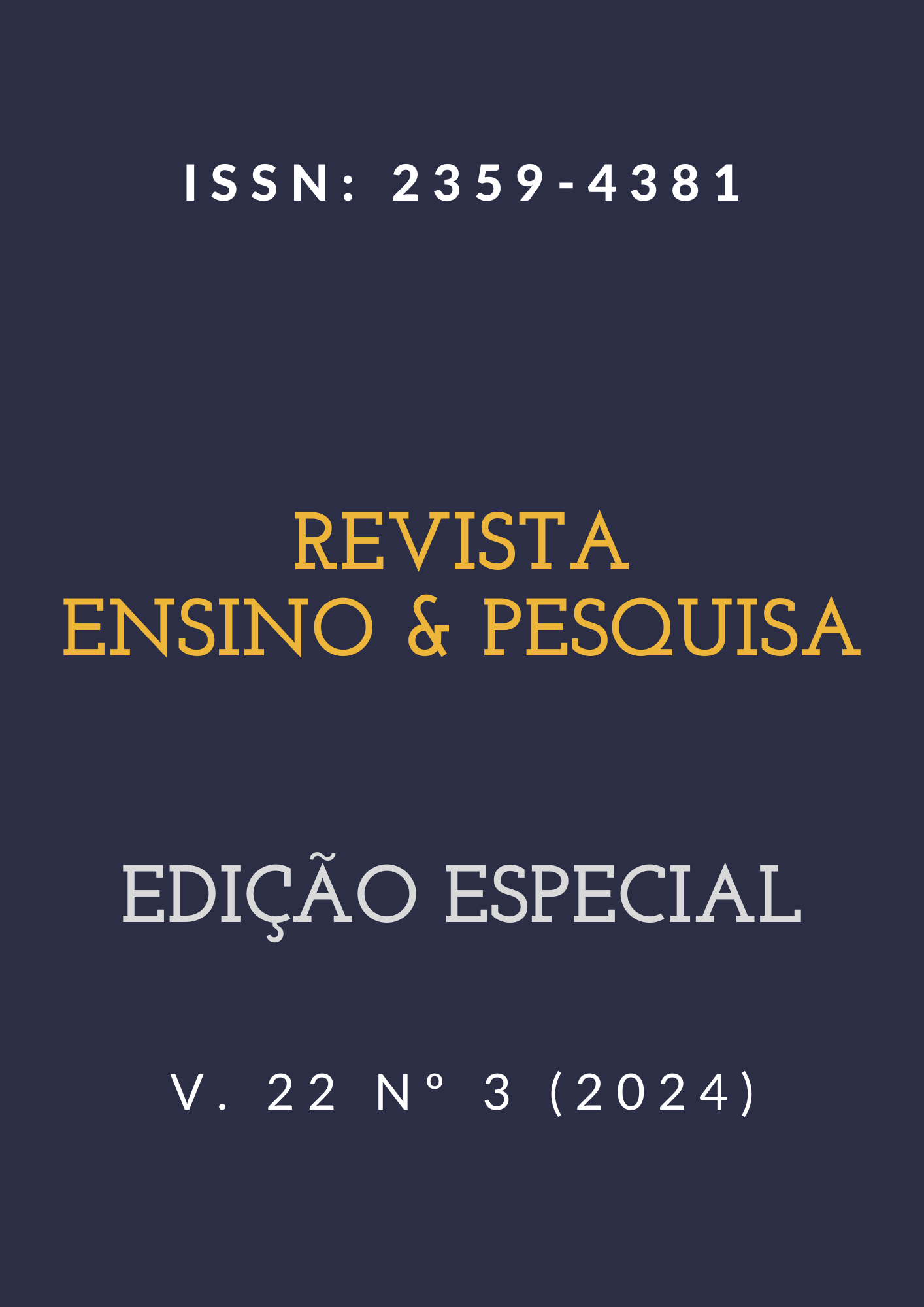Project-Based Learning: what Vygotsky, Bakhtin and Freire tell us
DOI:
https://doi.org/10.33871/23594381.2024.22.3.9759Abstract
The most recent pedagogical practices have emphasized the need for methodologies that place the student at the center of the learning process. Project-Based Learning (PBL) is an active teaching methodology that enables student protagonism, through the development of projects linked to students' daily lives, and can be a methodological alternative to be applied at school aiming to engage students in the construction of their own knowledge. For it to be well applied and conducted, it is necessary to anchor ourselves in theoretical references used in the field of education and evaluate the extent to which their theories and ideas can contribute to the development of pedagogical experiences that use PBL. In this essay we aimed to raise, through bibliographical research, the main ideas of Vigotski, Bakhtin and Freire that connect with each other and with the ABP. Vigotski's sociointeractionist theory, the idea of language as a link of communication between subjects, as Bakhtin puts it, and the idea of an emancipatory education proposed by Freire, can support practices involving PBL. The conceptions of the three authors converge towards the formation of a dialogical subject and several of their ideas communicate with each other and with the PBL, and can be used as guides in the construction and development of projects at school.

